Hanan Hadžajlić: Requiem Ex Machina
for six amplified voices
(2022/2023)
The Fragile Art of Living Together
A triptych
by Hanan Hadžajlić, Jug Marković, Ana Pandevska, Nina Perović, Petra Strahovnik, Helena Skljarov, Ylli Daklani
and the Neue Vocalsolisten
In a multidisciplinary artistic process, seven composers from the seven states that emerged from the former Yugoslavia reflect on the time of the Balkan wars and the different perspectives from which the people of the Western Balkans interpret their common history today.
Part 1: Concert
The seven pieces for voices and electronics address a wide range of themes, from serious and ironic retrospectives, existential experiences to future perspectives: social reflections on the clash of religions and ethnicities, nationalism, Ex-Yu yearning and EU hype, hyperinflation, physical and psychological violence and the radical optimism of a post-war generation.
Hanan Hadžajlić: Requiem Ex Machina
for six amplified voices (2022/23)
Jug Marković: NULA
for six voices (2022)
Ana Pandevska: Electroacoustic mantra From Ex YU to EU
for soprano, mezzo-soprano, and fixed media (2023)
Nina Perović: Penetrations III
for six singing voices and electronics (2022/2025)
Ylli Daklani: When all the leaves have been burned
for three voices (2025)
Petra Strahovnik: SCREAdoM
for five voices, sound installation, and electronics (2023)
Helena Skljarov: The Blue Giraffe
for five voices, electronics, and video (2023/2025)
Part 2
The Fragile Art of Living Together
7-channel video installation
A walk-in 7-channel video installation confronts the audience with a multitude of voices. Interviews conducted by the composers in their home countries–with family members, with people from all sectors of civil society, provide insight into the challenges of living together in a multitude of nationalities, ethnicities, and religions.
Part 3
Coda
Insights into an uncertain future
Short aphoristic musical statements shed new light on the themes. While the concert section mainly looked back and took stock, the coda dares to look ahead: fragile, tentative drafts of an uncertain future, oscillating between disillusionment and hope.
Neue Vocalsolisten
Johanna Vargas, soprano/Susanne Leitz-Lorey, soprano/Chiara Ducomble, contralto/Martin Nagy, tenor/Guillermo Anzorena, baritone/Andreas Fischer, bass
Historical consultation: Arban Mehmeti
Video consultation: Mladen Ivanović
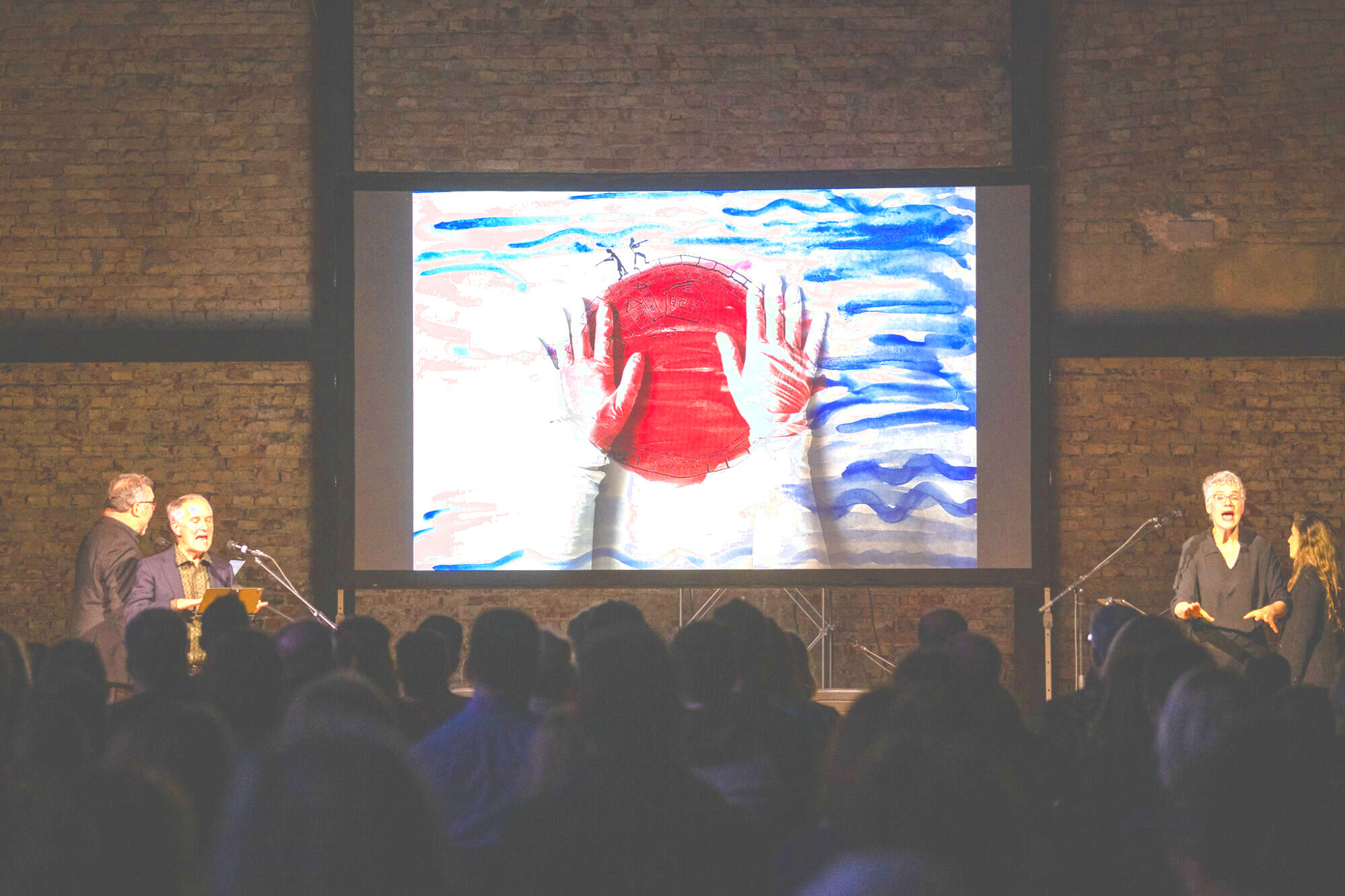
Background
Every war leaves deep scars–in societies, in landscapes, in state structures, and in every individual. How well these scars can heal depends largely on what perspectives exist regarding the consequences of hatred, displacement, and genocide, and how they are addressed.
The scars of the Balkan wars, which accompanied the dissolution of Yugoslavia, are still tangible thirty years later. While Germany celebrated three decades of reunification, people in the Balkans looked back on the beginning of war, displacement, and hatred.
Today, once again, we are experiencing a Europe threatened by polarization, populism, and war. Manipulative digital media drive societies into echo chambers, dialogue becomes more difficult, and geopolitical tensions between Western positions, Russian, and Chinese influence intensify the situation. Between nationalism, »Yugo-nostalgia,« and an impatient longing for the EU, the question of living together remains pressing.
The Protagonists
Against this backdrop, Neue Vocalsolisten Stuttgart invited seven composers from the seven republics of the former Yugoslavia to engage with the legacy that continues to shape their societies today. All composers belong to a younger generation. They experienced the wars as children, teenagers, or not at all, and identify as young Europeans within the international scenes of contemporary arts. Many of them dealt artistically with themes of the Balkan wars for the first time, and the exchange with colleagues from other West Balkan countries was also new.
Composing for Voice–A Challenge
Working with the human voice, which can evoke emotional states on many levels and at the same time convey textual meaning–always connected to the body and personality of the performer–represents a unique artistic challenge. To compose for voice means to confront immediacy, a directness without the protective abstraction of instrumental sound. A constructivist approach to composition breaks open, revealing a highly emotional, powerful, and at times brutal sonic landscape.
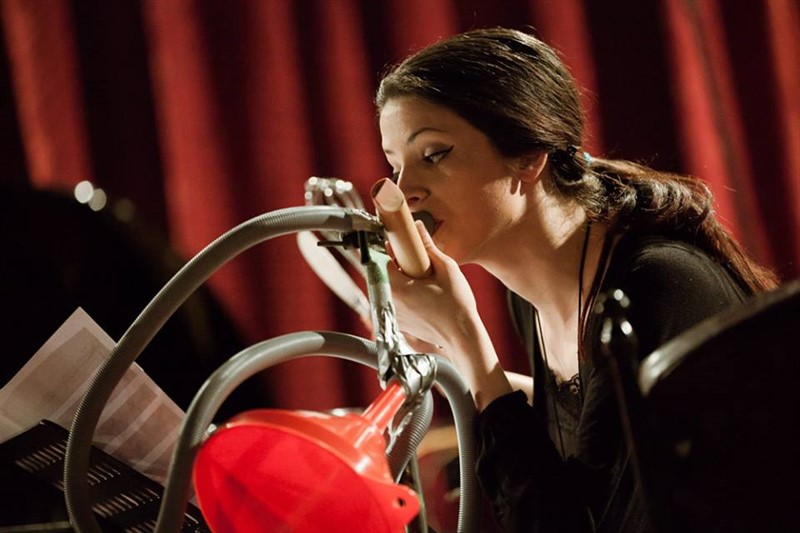
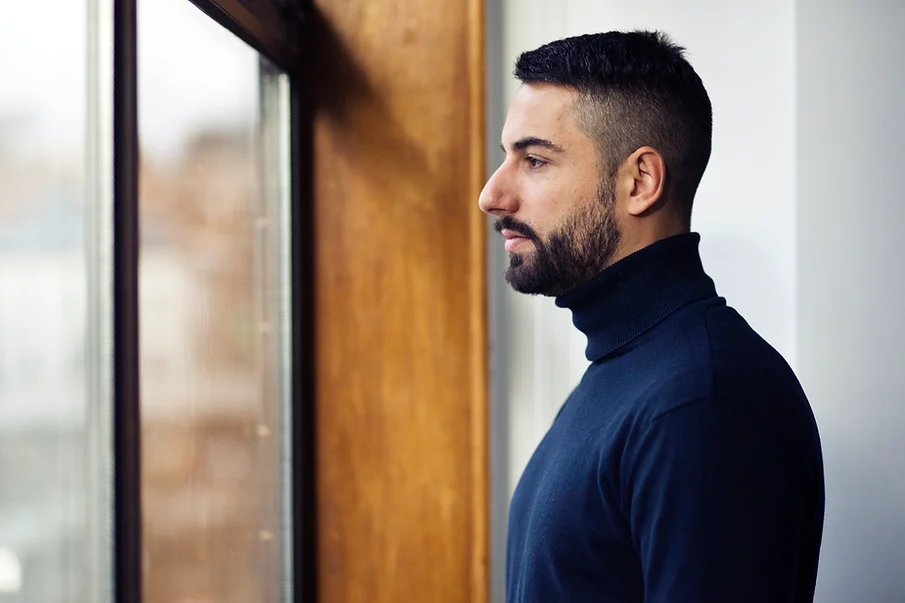
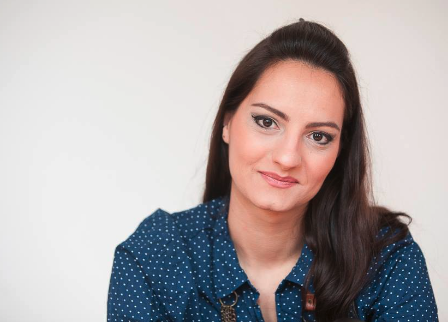
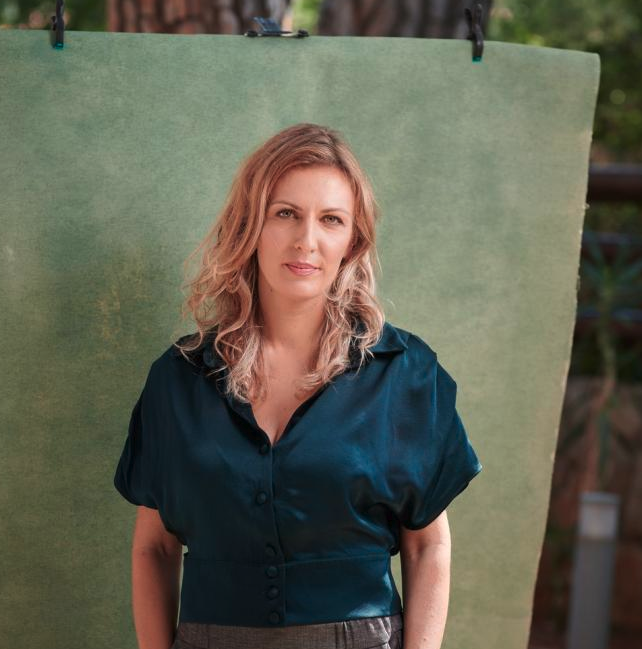

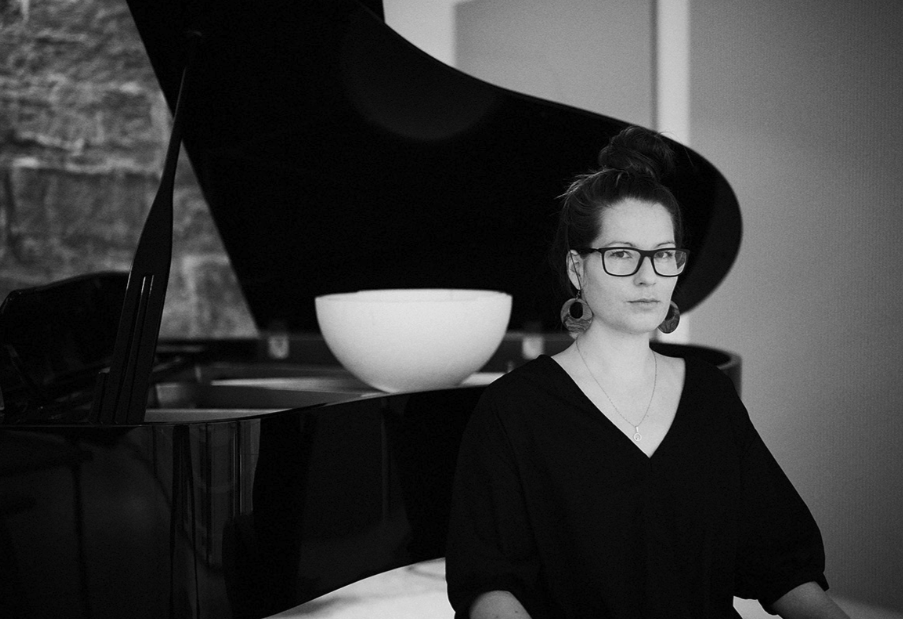
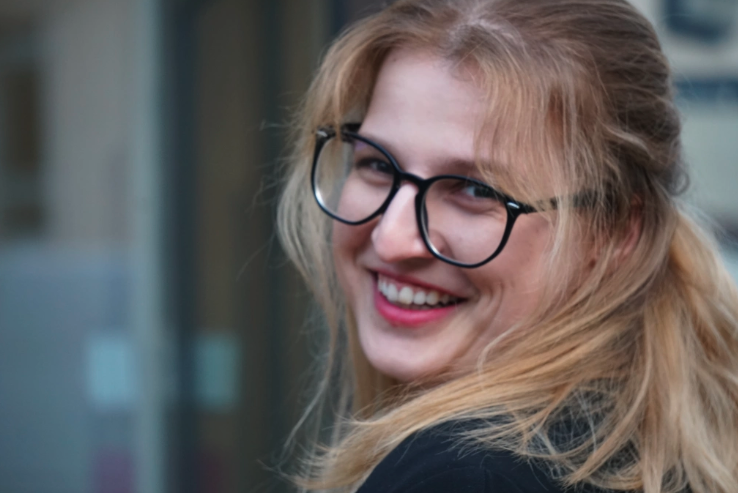
| {{{ content }}} |
|---|
| {{{ content }}} |
| {{{ content }}} |
| {{{ strings.konzerte }}} | {{{ strings.unterstuetzer }}} | {{{ strings.regulaer }}} | {{{ strings.ermaessigt }}} |
|---|---|---|---|
| 35€ | 25€ | 14€ | |
| 28€ | 18€ | 10€ |
| {{{ strings.festivalpass }}} {{{ strings.beinhaltet_alle_konzerte_ausser }}} |
{{{ strings.unterstuetzer }}} | {{{ strings.regulaer }}} | {{{ strings.ermaessigt }}}* |
|---|---|---|---|
| 298€ | 208€ | 110€* |